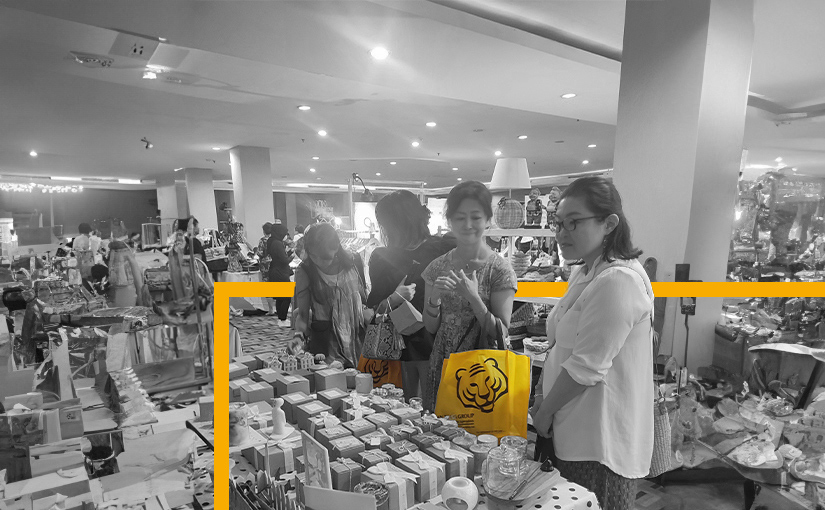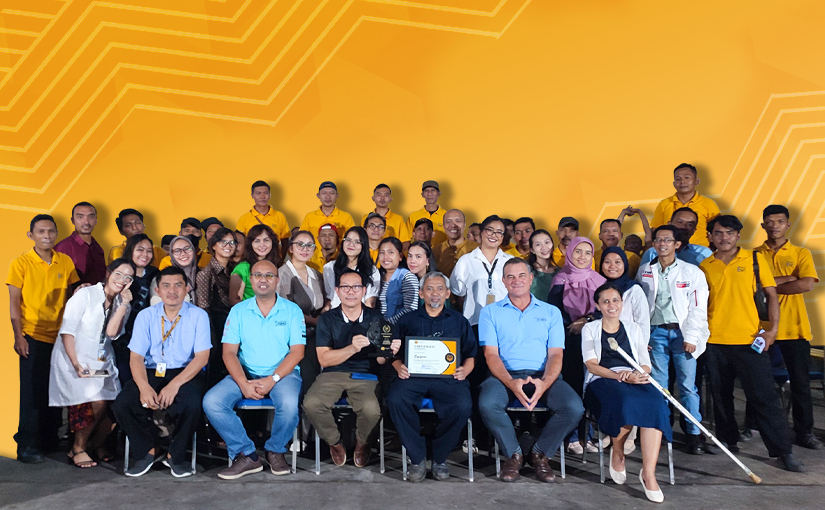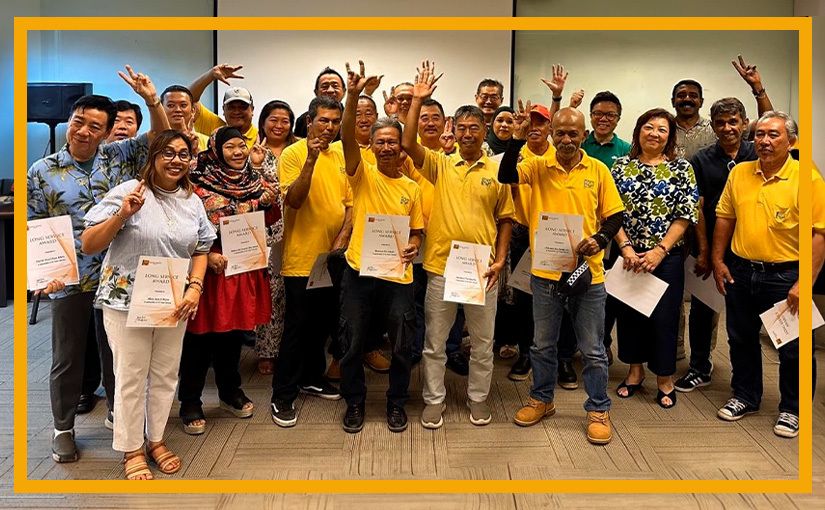Eating in the Far East
Eating in the Far East
3 Sep 2018
One of the great disservices done to me by my otherwise loving, wonderful parents was to make me into a compulsive overeater. This was accomplished by the constant mealtime reminder that “people are staving in India”, “don’t waste food” and “join the clean plate club.” If none of that worked, my mom could always play the ultimate trump card – “don’t you like my cooking?” Armed with these vivid mental images etched firmly in my mind, I have always attacked every meal as if it were indeed my last. My expanding waistline stands in silent tribute to my mother and father who probably had no idea what kind of eating machine they were creating.
This affliction came into clear focus when I moved to Asia many years ago. Eating in Asia is very different than it is in the western world on almost every level. First, people in the west generally order their own meals; the food comes out on a single plate, one designated exclusively for each diner. People generally sit at squared off tables and – while there is some repartee – it is generally muted and restrained. The finer the restaurant, generally speaking, the darker and more quiet and sedate is the ambience.
In Asia, eating is a much more communal, more social activity. First, the physical setup often entails a round table where everyone can make easy eye contact and where conversation flows infinitely smoother than at a formal Western dinner table where one must lean forward to try and capture the attention of someone two seats down. The unfortunate person in the middle is forced to lean back, hoping you don’t suddenly develop a speech impediment the causes you to spray food in their lap.

Most Asian restaurants are brightly lit and, to a Westerners ear, very loud. Meals in Asia generally consist of a number of shared dishes. There is usually enthusiastic debate at the beginning of the meal where every menu item is tabled for consideration and everyone at the table weighs in with their opinion. Eventually, a consensus is reached, a number of dishes are ordered and social discourse moves into full swing.
In the West, normally everyone is served at the same time, each with his or her own plate of food. Sharing food is the exception rather than the rule. In Asia, it would be considered selfish to order food only for yourself. Dishes are set in the middle of the table and everyone helps themselves to a portion of those dishes that they most favor.
In Asia, you eat until you have had enough. There is not a single plate in front of you with your assignment for that meal, and there won’t be some remaining scraps reminding you of pitiful, little Rajif in Bombay who will somehow starve if you don’t clean your plate. On the contrary, if all the food that is served at an Asian meal is eaten, the host suffers a stinging loss of face for not providing enough for his guests. Of course, that would never happen because the host, detecting that the amount of food ordered was insufficient, would quickly beckon the waiter and order another dish or two.
In most of China, the custom is for the last dish to be rice or noodles. That way, if by some chance you haven’t had enough to eat by the end of the meal, you can top up your tank with the heavy carbohydrates.
Also in Asia, it is seldom, if ever the custom to split the dinner bill. The Thais derisively call this abhorrent practice – American shares. Someone at the table usually pays the entire tab and, from every outward indication, seems happy to do so.
One of my first meals in Asia was a classic Chinese feast. Dishes kept coming and coming and I, with a clear vision of starving children and determined not to join their ranks, kept eating and eating. Little did I know that my host was silently thinking
“Is this guy ever going to stop eating? I didn’t order enough food. I’d better ask for another dish quickly.” At the same time, I’m thinking, “Good grief, I’m stuffed. When will this food ever stop coming.” It took me far too long to come to the realization that in China, just eat as much or as little of whatever dishes you want. Enjoy delicious food, wonderful conversation and great camaraderie.
Whatever you do, don’t even think of cleaning your plate.
Author: Rob Chipman at Asian Tigers Hong Kong









